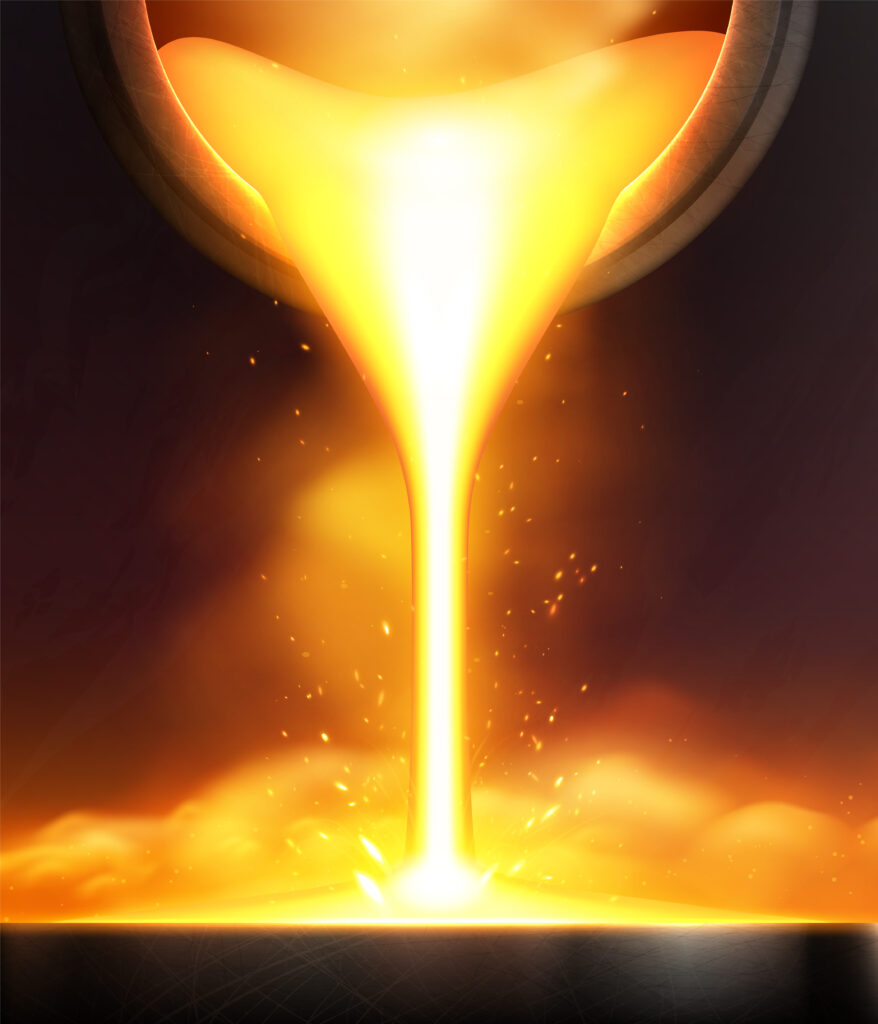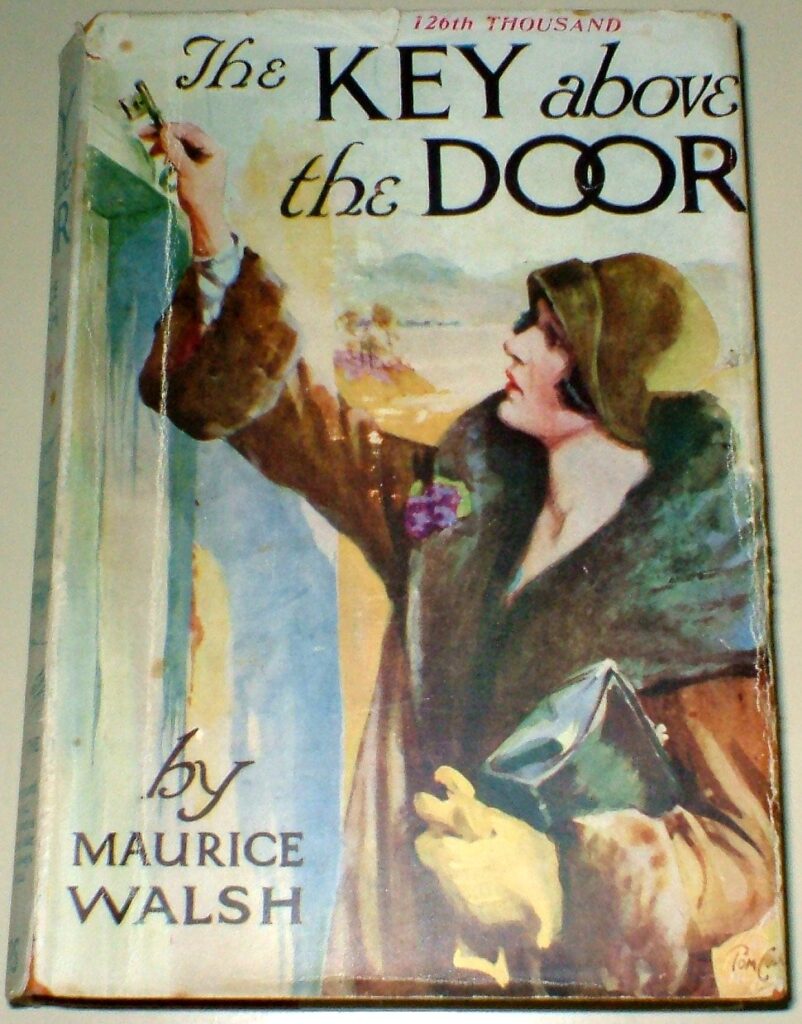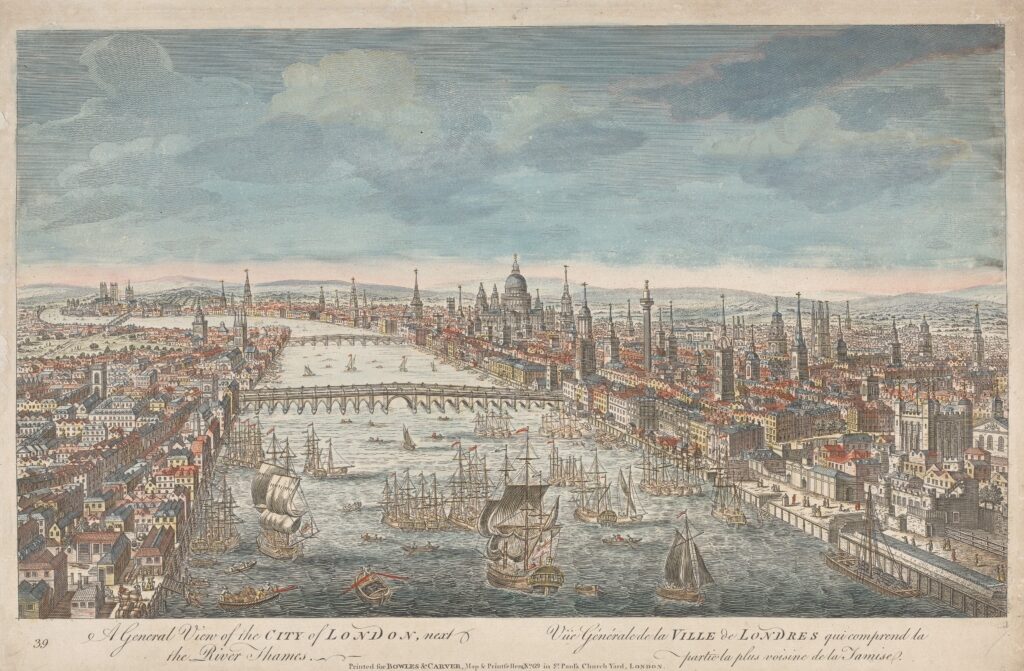
Who can dispute that fiction is a form of artifice? The novelist or short story author creates an artificial world, one that seeks to imitate reality. One of the definitions of “artificial” is that it’s a man-made copy of something natural. With the rise of Artificial Intelligence (AI), that definition will need to recognize copies–imitations– made by machine. (More on that, and the implications for fiction-writing, in a moment).
I suspect literary imitation has been around as long as storytelling. Oscar Wilde argued that imitation was mediocrity’s concession to greatness, but that’s too harsh. Is any work of art completely original?
It had been several years since I had read H.E. Bates’ 1944 novel Fair Stood the Wind For France. Bates tells the story of a Wellington bomber pilot in World War II who, once downed over France, must overcome significant challenges in evading German pursuit. The pilot, John Franklin, falls in love with a young Frenchwoman and she helps him escape. What struck me in re-reading the novel was its obvious creative debt to Ernest Hemingway’s For Whom the Bell Tolls, which was published in 1940.
The similarities are obvious. Bates employs the same flat prose style of Hemingway with its echoes of the King James Version of the Bible. There’s the plot driven by the dangers of operating behind enemy lines. And there’s the romance between the male protagonist and a clever country girl. Imitation is said to be the sincerest form of flattery, and Bates was (consciously or unconsciously) paying homage to Papa Hemingway. Yet, contra Wilde, the novel is not mediocre.
Judged on its own merits, Fair Stood the Wind For France is an entertaining, if somewhat circumscribed, novel that sacrifices emotional depth for narrative intensity. To his credit, Bates stops short of “full Hemingway,” and so we’re spared the awkward repetitious meanderings of For Whom the Bell Tolls. (For what it’s worth, I’d argue that A Farewell to Arms is Hemingway’s greatest work). Yet to give credit where credit is due, despite some derivative elements Fair Stood the Wind For France can lay claim to its own authenticity: Bates had been commissioned into the Royal Air Force to write stories dramatizing aerial warfare, and he could draw on the experiences of the pilots and air crews flying into combat.
Questions about imitation and authenticity will abound in the Age of AI. Already Amazon is working to choke off so-called AI “scam books,” which include AI-generated biographies, summaries of popular books, and copycat books. Jane Friedman, a writer and publishing industry analyst, interviewed by NPR last year argued the current crop of AI-books had a inhumane, generic quality: “It just feels like a human didn’t write these. Humans would — funnily enough — do a better job being bad.”
But it’s clear it’s only a matter of time before generative AI is employed to create works that pass the literary equivalent of the Turing test. Nonfiction shouldn’t pose much difficulty for large language model (LLM) AI, assuming an ample underlying database with vetted content and some level of human review to spot and eliminate hallucinations and other ghosts in the machine.
Fiction presents more challenges. Screenplays–which are largely made up of dialog and typically have simple plots–are a logical initial AI target. There are clear patterns and archetypes for AI to mimic– the three act structure, and the twelve steps of the Hero’s Journey. Netflix and Amazon have collected vast amounts of viewer data which they feed to AI to help fashion more compelling scenes.
Novels are more complex, but their narrative structure can be copied. Some genres will lend themselves to AI imitation. And certainly AI can copy the distinctive style of a Hemingway (or Jane Austen or Cormac McCarthy) and generate prose that mimics the original.
Could AI produce a novel that mimics Fair Stood the Wind For France in the way Bates borrowed from Hemingway? Could it generate a tense World War II story set behind enemy lines with a young hero helped/saved by a courageous and appealing farm girl? For now, I think the AI engine would still need someone (a human) providing extensive prompts to create a seamlessly executed novel. (Note bene: I won’t be the one experimenting. I’ve kept my distance from AI on both practical and principled grounds). Tomorrow? AI writing fiction autonomously? Who doubts that it is technically possible? Considering recent claims that AI may be learning to shake off human control (the SkyNet threat), we may not have much of a say in the matter.
© 2025 Jefferson Flanders



